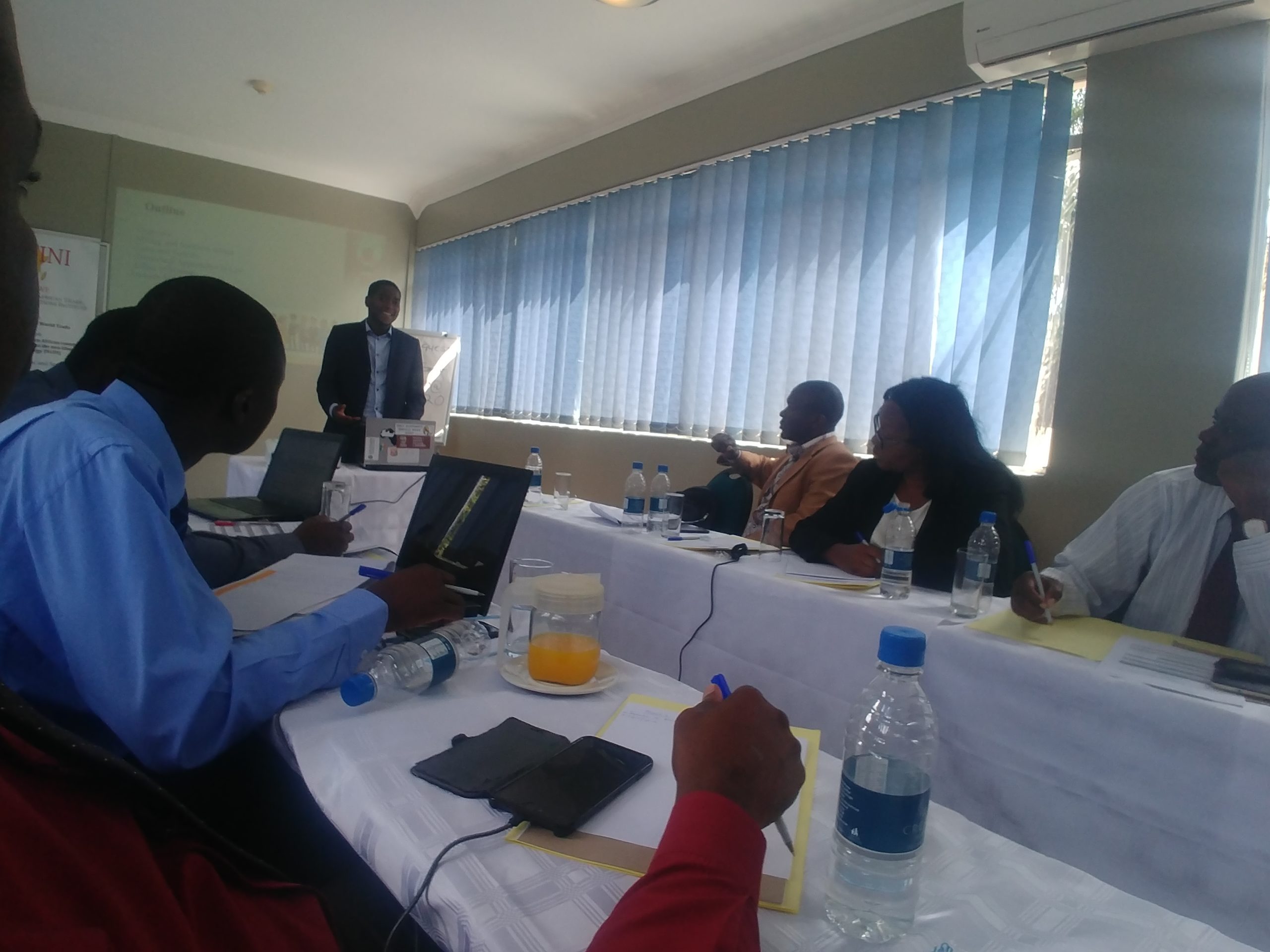By Byron Mutingwende
Calls have been made to put to proper use foreign direct investments (FDIs) to ensure the revival of the Zimbabwean economy.
The Southern and Eastern Africa Trade Information and Negotiations Institute (SEATINI) has noted that within the current government, Zimbabwe has entered a new political dispensation characterised by high expectations, overdrive to attract foreign direct investment and the possibility of integrating Zimbabwe into the international community.
“The current political leadership has underscored the supremacy of turning around the Zimbabwean economy as underlined by the recurring theme that “Zimbabwe is Open for Business”. It is also evidenced within the current 2019 budget speech that economic development is hinging upon increased inflows of FDIs, the Vision 2030 that Zimbabwe will be a middle income country and also the Transitional Stabilisation Programme (TSP)-October 2018 to December 2020,” said Richard Mambeva, the Senior Policy Analyst of SEATINI at a meeting held in Harare recently.
The economist said the new government launched the Investment Guidelines and Opportunities in Zimbabwe in February 2018, following the amendment of the Indigenization and Economic Empowerment Policy.
The Investment and Business Facilitation Bill has been crafted and seeks to simplify investing procedures, cut bureaucracy and create a ‘one stop-shop’ for investor registration requirements.
In February 2019, the government issued a policy statement that investors in precious minerals such as platinum and diamonds are now obliged to own 100% shares as compared to previous 49/51% shares between the investors and the government respectively.
“Foreign direct investments are perceived to have been the major economic driver in most developing countries including Zimbabwe. Despite this, Zimbabwe has not been able to attract significant FDIs despite the fact that the country is rich in over 40 minerals that include gold, platinum and diamond among others,” Mambeva added.
Evidence has shown that there is a direct relationship between FDIs, trade, BOP and governments’ external debt.
Growth enhancing factors of FDI depends on the absorptive capacity of the recipient country which in turn depends on the educational levels and the development of the financial markets among other .
Empirical evidence from developed and developing world show that FDI plays a very important role in improving economic growth together with its sister factors, that is, Private investment and public investment.
FDI have many forms. Broadly, FDI includes mergers and acquisitions, building new facilities, renovating profits from overseas operations and intra company loans.
“As such foreign capital is regarded as very crucial in bridging the resource gap created by the shortage of savings in these developing countries, increased productivity, job creation. Lessons from other countries such as India shows loose policies on FDI with some sectors allowed more than 100% of FDI.”
At the time of independence, the newly elected government of Zimbabwe adopted a highly controlled and inward looking economy that heavily depended on FDI (70%) on the promotion of economic. Ownership restrictions in some sectors required at least 30% local participation in an enterprise.
There were some policies to hinder repatriation of profits in the post independency era, which reduced the much-desired FDI in the economy.
This changed during the post SAPs era due to market liberalization. Government reintroduced during the Indigenization and Economic Empowerment era (49:51 percentage in all sectors except in diamonds and platinum till 2019). Now, all the sectors can be wholly owned by foreign investors, after the repeal.
Lenin Tinashe Chisaira, the Executive Director of the People and Earth Solidarity Law network (PESLawyers) lamented the fact that civil society is at the crossroads with corporates, with the states being complicit in extracting as much as possible from the world in order to line their pockets or their political capital.
“Environmental justice and environmental justice movement building have never been more relevant and needed than now. Zimbabwe and Southern Africa was built by primitive resource extraction and accumulation, from the days of the Cecil John Rhodes, the Pioneer Column to the modern-day foreign investors.
Mining communities and workers in Zimbabwe and Southern Africa remain worse off. The laws are trampled upon. Environmental effects include water and air pollution, contributions to greenhouse gases, human and animal rights violations. Lukewarm initiatives such as the Business and Human rights Initiatives are only meant to hoodwink the people,” Chisaira said.
Professor Albert Makochekanwa, an Economist at the University of Zimbabwe, said since 1998, Zimbabwe has been receiving annual FDIs of less than US$500 million except in 2014 when the government received US$545 million.
“To me, there is no political will to improve the lives of the generality of the people. High and adverse taxes, corruption and cartels mean that it is very painful to do business in Zimbabwe. Facts on the ground show that Zimbabwe is closed for business.
“There is need to stop corruption and have the government be transparent and accountable to citizens on how much are the minerals bringing to Zimbabwe. Citizens should know all the salaries and benefits of all public officials including ministers and presidents so that when they become rich, citizens can check versus their salaries,” Prof Makochekanwa said.






